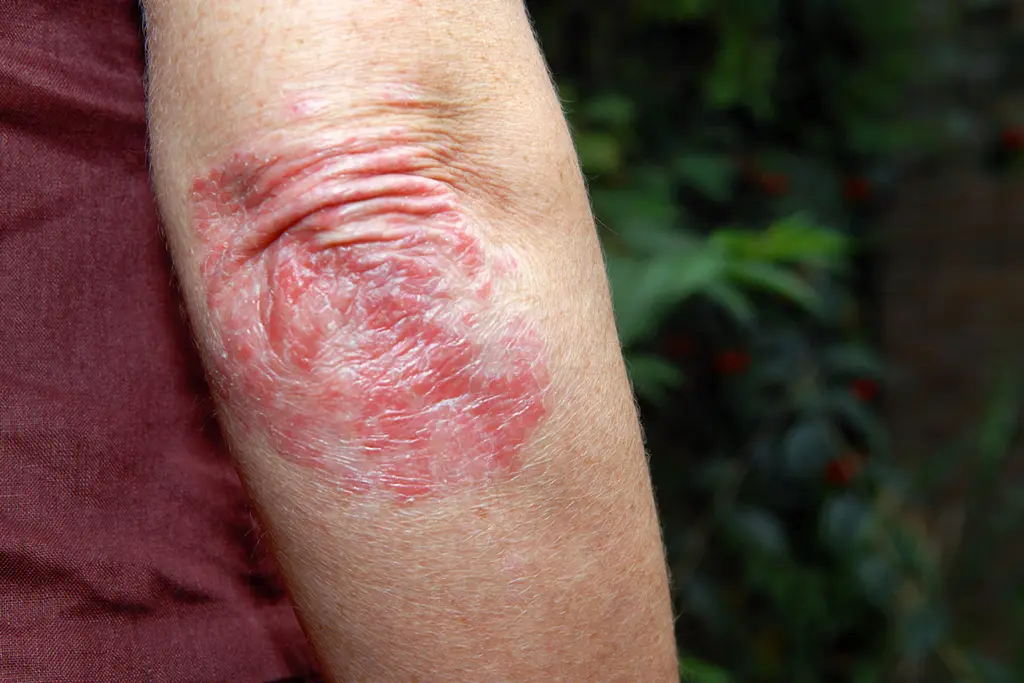
As if you didn’t have enough skin concerns, when you’re living with psoriasis, you may have to develop a thicker skin. Not really, but in response to some of the rude or ignorant comments you may get from the people around you.
Stigma Around Psoriasis
The stigma you may feel about your psoriasis is real. It’s not all in your head, and you’re certainly not alone. Unfortunately, some people who don’t have psoriasis, or don’t understand much about it, have some pretty negative ideas about the condition.
In a study published in the Journal of the American Academy of Dermatology, researchers showed volunteers images of psoriasis flare-ups and then asked them to agree or disagree with several statements about the lesions. Many believed the condition could spread to others and reported they would be ashamed to have such flare-ups.
Beat the Stigma
When you hear unkind or uninformed remarks about psoriasis in general or your skin in particular, you don’t have to say anything at all. It’s not your job to teach others about psoriasis, but when you talk about it, you:
- Might help reduce stigma around psoriasis for yourself and others when you debunk the myths you hear.
- Could feel more confident and empowered in relation to your condition when you answer back or stand up for yourself.
- May make workplace conditions and relationships easier for yourself by making it clear that your skin lesions can’t spread to other people.
- Can find comfort in talking with your friends and loved ones about psoriasis and the challenges of living with it.
Teaching Others
People who mean well may see a patch of flared skin or a lesion and innocently ask what happened to you. They usually mean no harm and only want to show concern. If you feel comfortable talking about it, these moments might be a good way to teach others about psoriasis.
You don’t have to say much. Tell them that you have psoriasis and what it is. Try something like this: Psoriasis is an immune system disorder that causes flares that include rashes and dry, scaly skin. It’s not an infection, and it can’t spread to other people.
Another way to explain it: When you have psoriasis, new skin cells are born and die off more quickly than they do in other people. This process happens quickly and causes skin flaking.
Depending on who you’re speaking to, you might choose to share more, such as how the condition affects you specifically, including your skin, your sleep, your mood and your day-to-day life. Loved ones might appreciate the opportunity to understand you a little better.
Be a Myth Buster
Many people make rude comments simply because they don’t understand what psoriasis is. Take a look at some of these common myths about psoriasis. That way, you can be prepared to respond – if you want to – when someone says something based on a false belief.
Psoriasis can spread to others. It can be hurtful when someone reveals through their words or actions that they think they can “catch” psoriasis from you. You might feel alienated or isolated. But it’s a common misconception. Let them know that psoriasis isn’t an infection and it doesn’t spread from person to person.
Poor hygiene causes psoriasis. People may suggest your psoriasis would clear up if you bathed more. If you choose to respond, you might tell them that the causes of psoriasis are a mix of genetics and things in the world around you.
Psoriasis is only a skin disease. Sure, most effects of psoriasis appear on the surface of the skin, but it often goes hand-in-hand with other immune system problems, like psoriatic arthritis. People with psoriasis are also more likely to get diabetes, heart disease, high blood pressure, obesity, and nonalcoholic fatty liver disease. Even if you don’t have any of these other conditions, psoriasis can take a toll on your quality of life and lead to stress, anxiety, depression, and suicidal thoughts.
Psoriasis isn’t that serious. This skin condition isn’t just a rash. You might want to share with those closest to you how it affects your approach to daily life. Some people with psoriasis don’t want to leave the house when they’re having a flare. Some say they avoid intimate relationships because of their skin.
Only people who are White or old get psoriasis. Some people who might not believe you have psoriasis because you don’t fit their image of what someone with this condition looks like. While psoriasis is most common in White people, anyone can get it and at any age. It may look different on skin of different tones, or your symptoms might not look the way people imagined they would.
It will go away. There’s no cure for psoriasis, and it doesn’t clear up on its own. Medication can limit how often your psoriasis flares up, but it can come back at any time.
Show Sources
(Photo Credit: Photodisc/Getty Images)
SOURCES:
Journal of the American Academy of Dermatology: “Psoriasis and herpes simplex virus are highly stigmatizing compared with other common dermatologic conditions: A survey-based study.”
Mayo Clinic: “Psoriasis.”
PSU.edu: “The Medical Minute: Clearing up common myths about psoriasis.”
CUMedicine: “Debunking 6 Common Misconceptions About Psoriasis.”
Physicians Alliance of Connecticut: “6 Psoriasis Myths and Facts.”
West Houston Dermatology: “Psoriasis, Dating and Intimacy: Challenges Patients Face.”
